Life as the River Flows: Women in the Malayan Anti-Colonial Struggle is an oral history of women from Malaysia, Singapore and Thailand, describing their extraordinary stories during British colonialism. It is about how ordinary people like us have tried to achieve the extraordinary in a specific period of time, under specific socio-political and economic conditions. It is a book as much about hopes and aspirations as about dreams and dilemmas. It is especially a book full of love, told in so many different ways, which hopefully, will help us reflect more critically upon ourselves and ask ourselves: “What are we doing with our own lives?”.
Agnes Khoo’s resolve to let the “voices” of the women who participated in the Malayan anti-colonial and Independence war be heard, breaks the silence which has gathered around their extraordinary stories. Women from Malaysia, Singapore and Thailand describe how they turned from the traditional destinies of women, leaving their families and rejecting the unquestioning obedience expected of them to join the guerrillas. Many were poor and it was to be the guerrillas’ movement and the Communist Party which provided them with education and with a diffuse hope in a better society.
Joining the Communist Party involved not only opposing capitalism and imperialism, it provided the liberation of women from the oppressive attitudes and circumstances which circumscribed their lives in the family and in society. It also led some of the women to question the divisions between people of different religions and nationalities. As one woman put it: “In my view, all races are like brothers and sisters.” Malays were united with Chinese in the resistance. Even defeated Japanese soldiers defected and joined the Communists. One group, however, remains outside the vision of a human family the “red-haired devils” in the British army who were trying to stop villages from supporting the guerrillas.
The women suffered in the fighting. One tells how she was shot in her arm. Her arm “opened up like a flower” with blood gushing from her wound, she still thought to pass on her carbine rifle. In retreat, they took care “to cover their traces well”. By the time they reached the camp her arm was hanging only by the skin. The wound turned black and became infested with worms.
The women played their part as equals. On the other hand, gender differences would assert themselves as covertly. One woman remembers how it was expected that they would act as carriers in the group there were expectations and there were physical differences such as menstruation and childbirth.
Agnes Khoo remarks in Life as the River Flows: Women in the Malayan Anti-Colonial Struggle on how the memories of these women were “frozen in time”. They are stories which “live in a time warp”. Life among the guerrillas became so ingrained it acquired normality. The women grew old in the forest. When peace came it was bewildering. “We were not prepared for it psychologically.”
Living in peace, one woman remembered the writing of Marx, Engels and Lenin she had learned by heart and wondered about the dreams of her time in the army. Why were there so many dreams crowding her nights?
It is hard for them to situate the Communism for which they fought into what they hear of the world today. One woman believes “it will come true one day.”
Another believed they had glimpsed less materialistic relationships in her childhood. Nowadays she regretted that money was so “important in personal relations”. Her children and old comrades were scattered; some in China, some in Hong Kong. Young people she found most puzzling, how was it that they would “fall in and out of love so quickly?” It was not like that in her day. “We were very serious about marriage, even though we did not have weddings.”
Agnes Khoo has brought us not only a series of poignant and moving life stories; she has opened a path back to a forgotten history. Her book ensures that the traces of so much heroism and hope will not be covered over by the indifference of time.

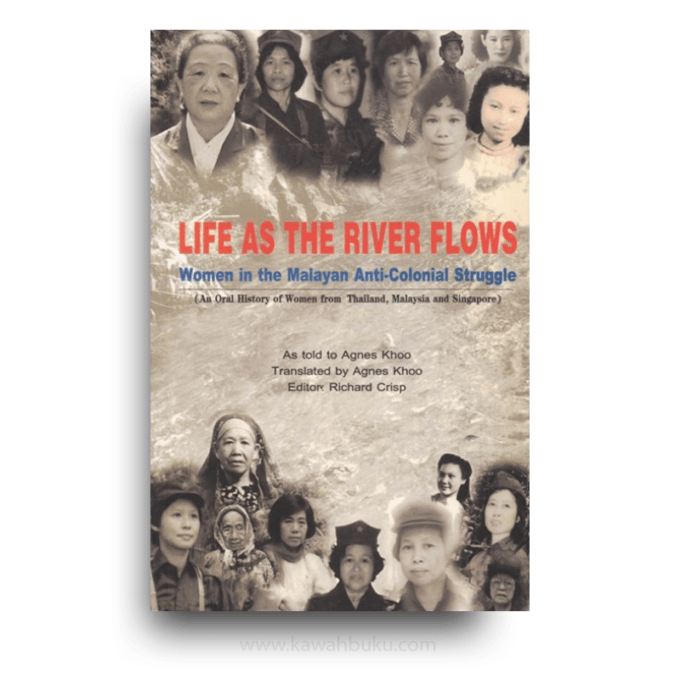
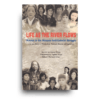
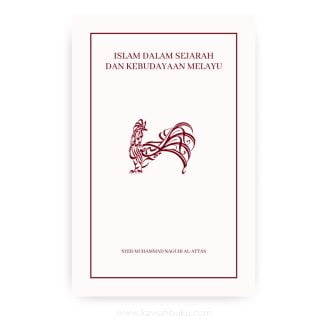
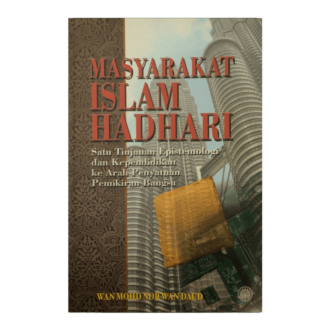
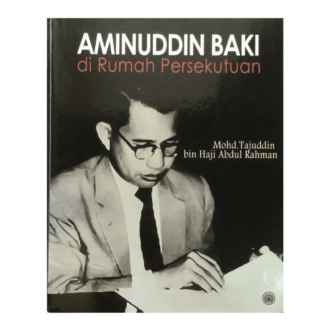
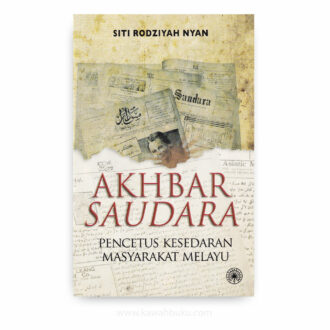

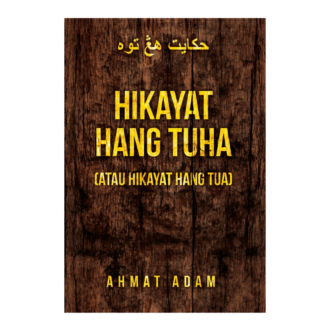
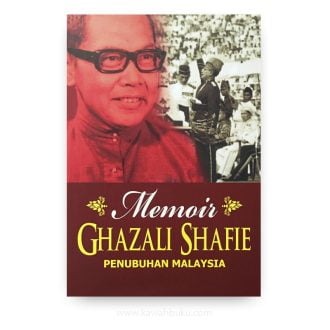

Reviews
There are no reviews yet